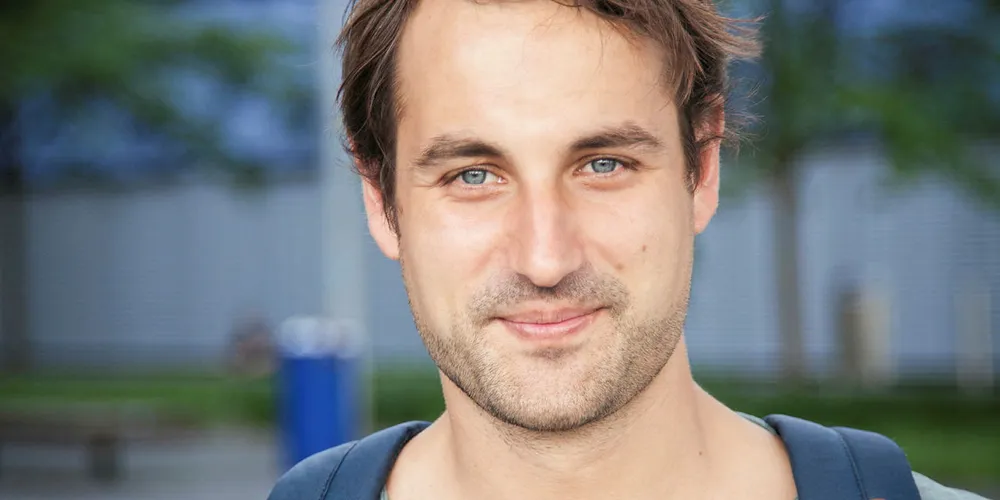Aquaculture accelerator appoints former Ewos, Rubicon CEOs, closes in on funding goal
Although the first half of the fund has been closed, Hatch is still open to new investors.

Although the first half of the fund has been closed, Hatch is still open to new investors.
